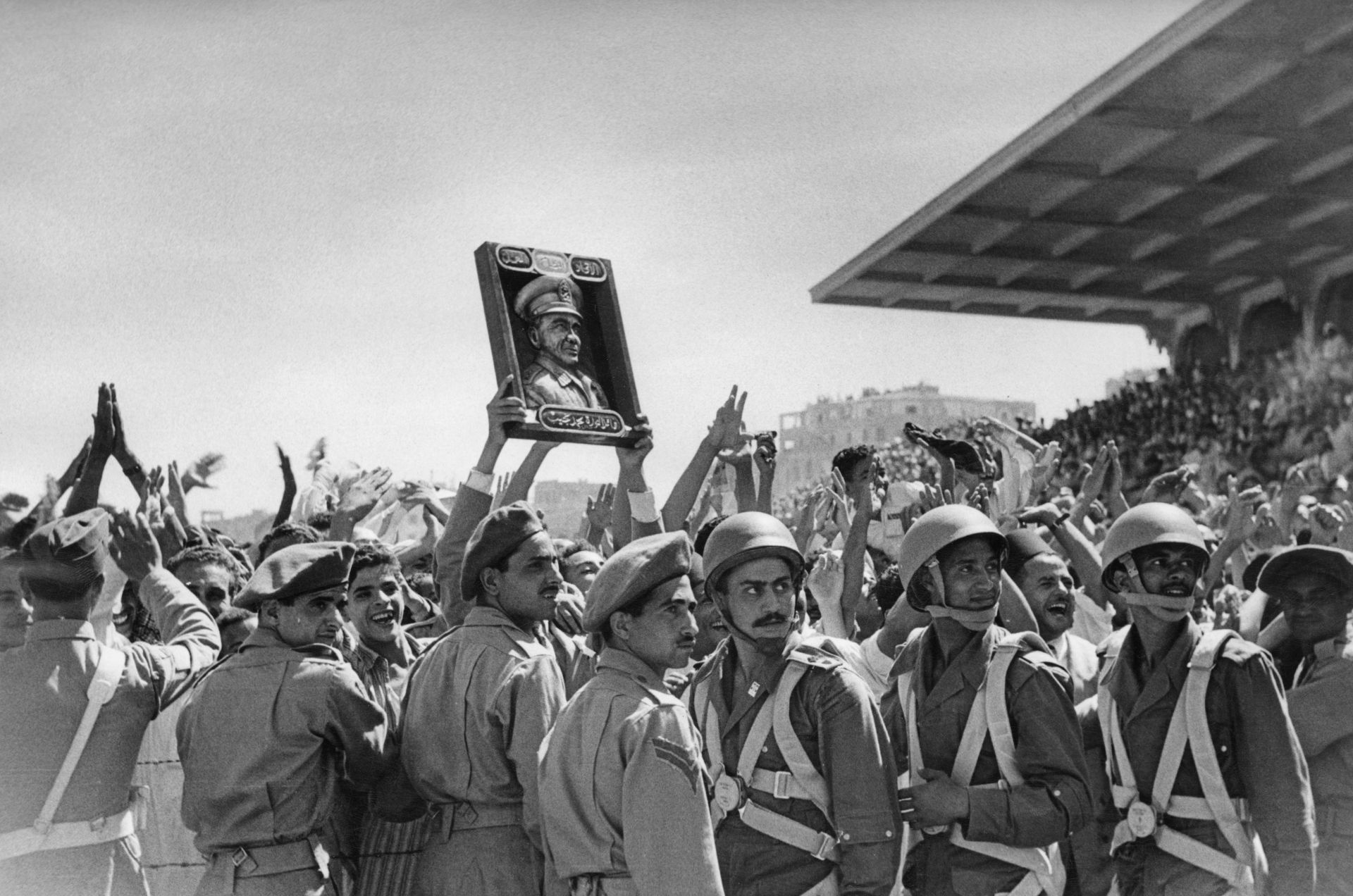In May 1948, at the onset of the Arab-Israeli War, Egyptian soldiers crossed into Palestine at Rafah as military leaders promised a swift victory. Yet despite their defeat by the year’s end, this war would give way to military rule less than four years later.
“A military loss was not what Egyptians expected,” historian Chloe Bordewich tells New Lines’ Lydia Wilson in The Lede. “This is really crucial to the story.”
Although the Egyptian forces represented the largest faction in the Arab-Israeli war, they had not fought in a foreign war for quite some time. They turned out to be in far worse shape than expected. Though catastrophe loomed, Egyptian media carried images and footage of successful operations, helping to reinforce pronouncements of imminent victory. But victory never materialized, and in the face of official obfuscation, alternative explanations for why the war had been lost began to circulate among the public and in the press. “This,” Bordewich adds, “is where it starts to get interesting.” One rumor in particular began to take on a life of its own.

“Rumor tells us about the horizon of the plausible: what actually is believable within the landscape of what people know to be true.”
“The rumor that came to dominate was the notion that Egypt had lost the war in Palestine because political leaders had procured, profited from and knowingly supplied their own troops with dysfunctional weapons,” explains Bordewich. So palpable was the rumor that the phrase “defective weapons” (al-asliha al-fasida) is still used as a metaphor in Egypt today.
“It was both true and not true,” she says. Though many of the weapons were indeed of poor quality, a constellation of factors was behind the loss, and historians have shed doubt on the degree to which it was the weapons that were responsible. But in the end, it didn’t matter. The rumor tapped into something that resonated too deeply with the Egyptian public. As time went on, it migrated from page to screen and into popular memory. The government’s reputation never recovered, and in 1952, a group of mid-ranking officers overthrew the king.
“Sometimes we think of rumor as something kind of nefarious, or unreliable,” says Bordewich. “But I think what’s so important about rumor — and so interesting — is that rumor tells us about the horizon of the plausible: what actually is believable within the landscape of what people know to be true.”
Produced by Christin El-Kholy


